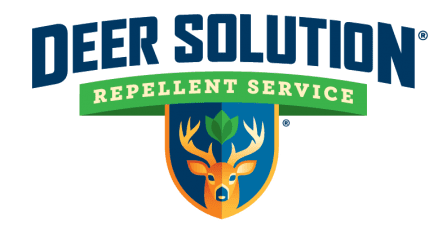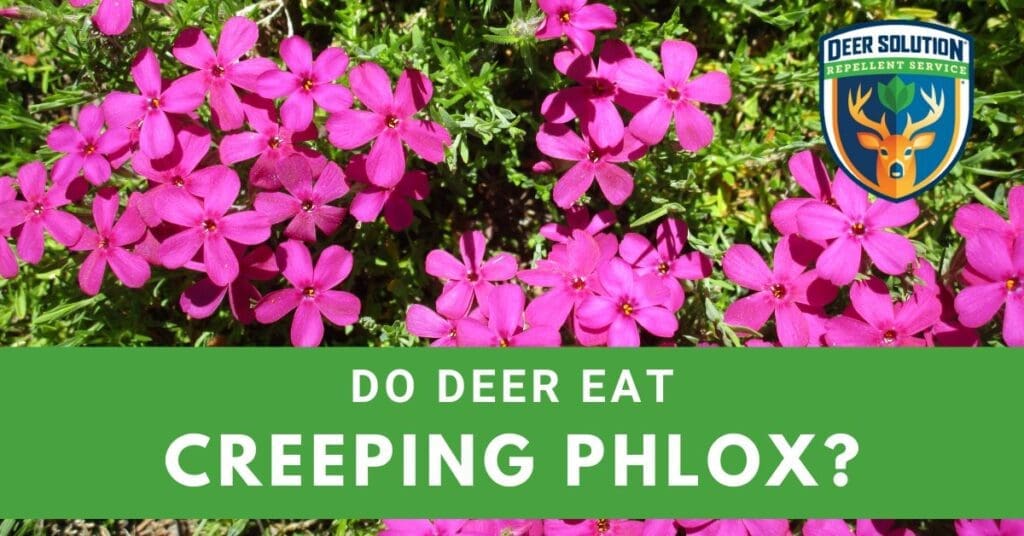If you’ve put substantial effort into your garden or landscape, you may wonder about the types of plants that could be at risk from local wildlife.
One question we often hear is: Do deer eat oregano?
A Look at Oregano in Your Garden
Oregano is a perennial herb commonly used in culinary arts, but it’s also a lovely addition to any garden. Its green leaves and tiny purple flowers offer aesthetic appeal and are rich in aromatic oils.
Deer and Their Varied Palates
Deer are known for their varied diet, which ranges from grasses to shrubs and even some herbs.
The extent to which they’ll munch on your garden plants depends on various factors, including availability of other food sources and human activity in the area.
- Seasonal availability
- Geographic location
- Local flora
Is Oregano a Deer-Resistant Plant?
Interestingly, oregano is often considered a deer-resistant plant. The strong aromatic oils it contains can act as a natural deterrent.
However, in desperate times, deer might still nibble on oregano, though it’s not their first choice.
Smart Solutions for Deer Challenges
Managing the delicate balance between maintaining a beautiful garden and ensuring the local deer population doesn’t decimate it can be tricky. This is where informed decision-making comes in.
Sustainable Strategies with Deer Solution
Deer Solution offers environmentally friendly strategies that can help assist in reducing the impact of deer on your landscape.
Without causing harm to the deer or your plants, these solutions aim to help make your garden less appealing to these creatures.
Tips for Protecting Your Oregano
While it’s impossible to guarantee that your oregano will remain untouched, there are steps you can take to make it less inviting to deer. These may include:
- Introducing companion plants that deter deer
- Using strategic placement within your garden
Why Choose Deer Solution for Your Landscaping Challenges
When it comes to managing deer-related issues, Deer Solution is your go-to eco-friendly strategies. We are committed to helping you maintain the aesthetic value of your property while also being respectful of wildlife.











